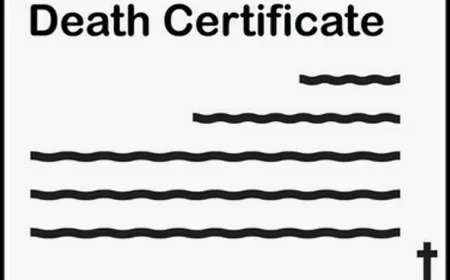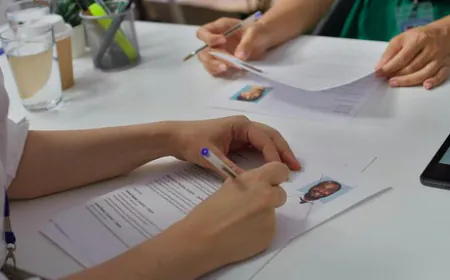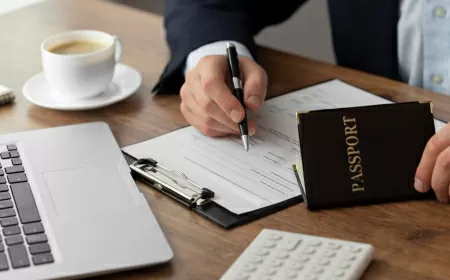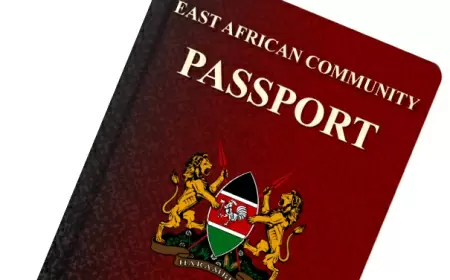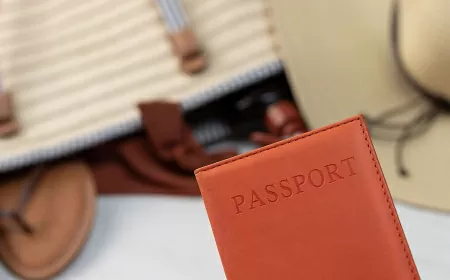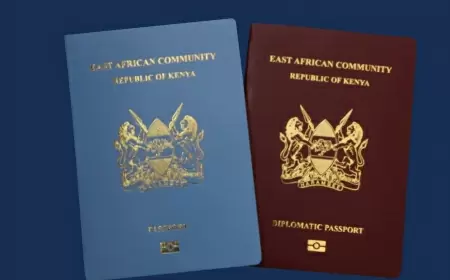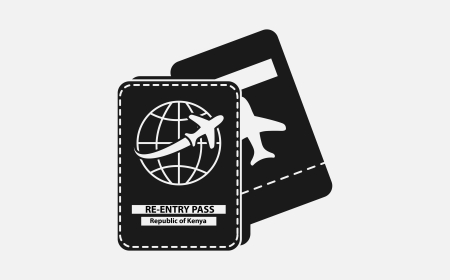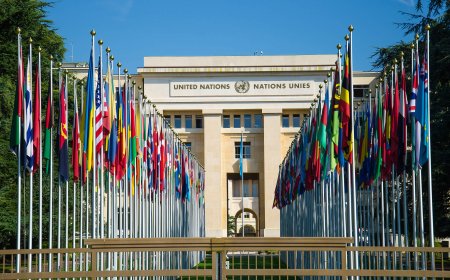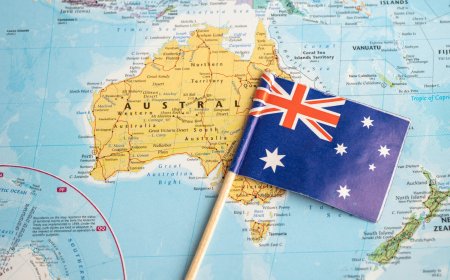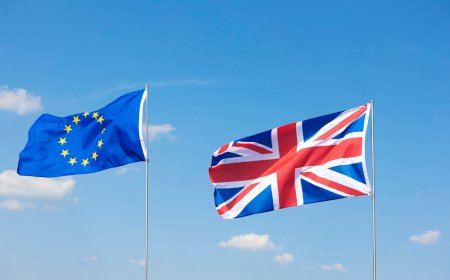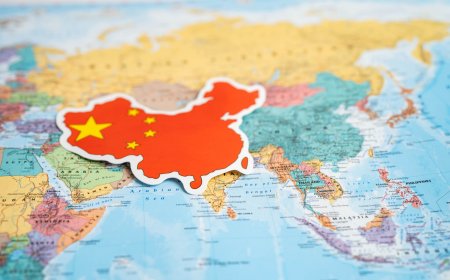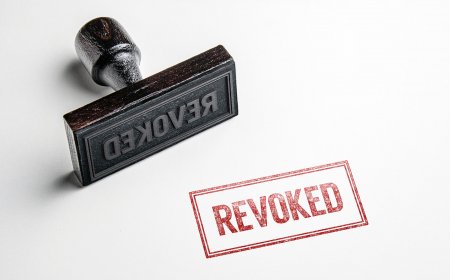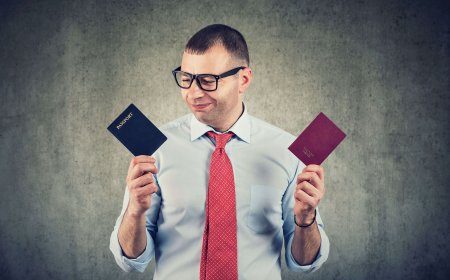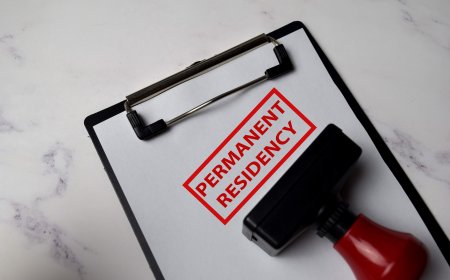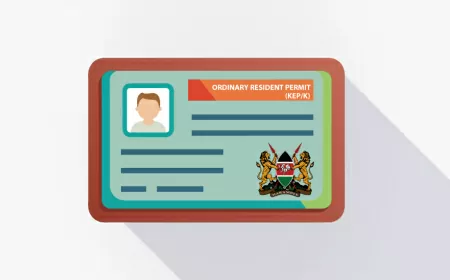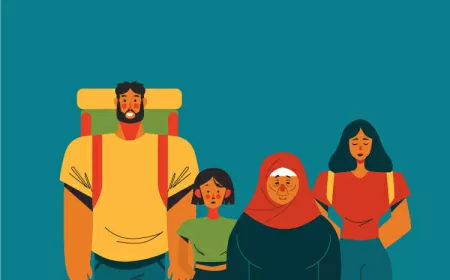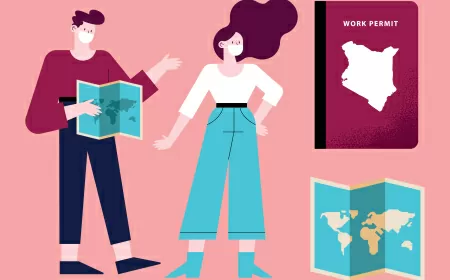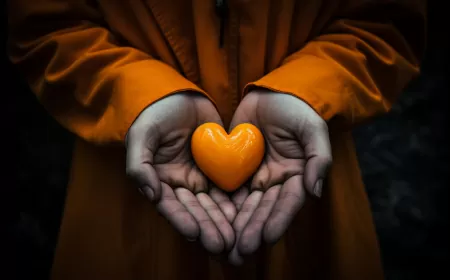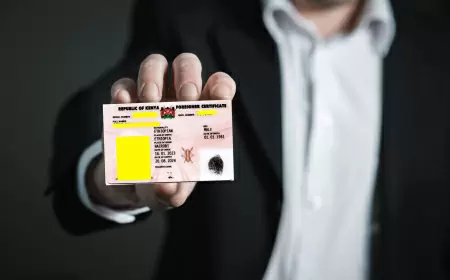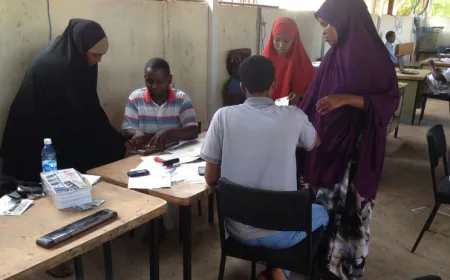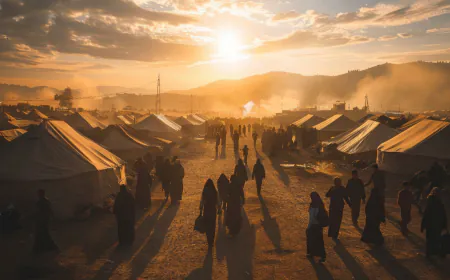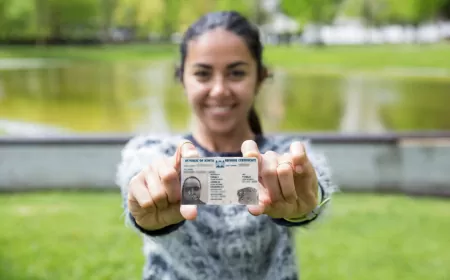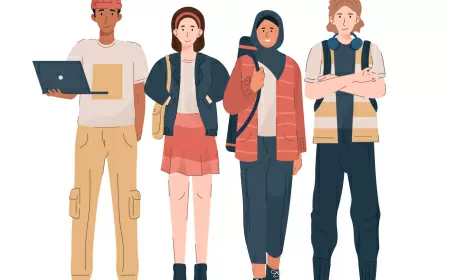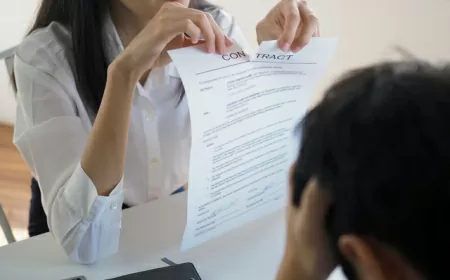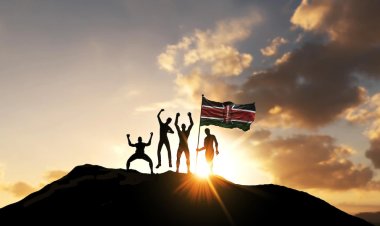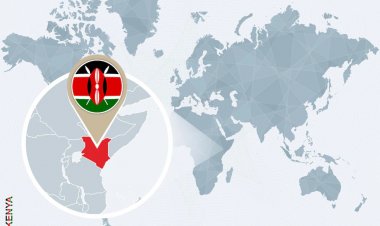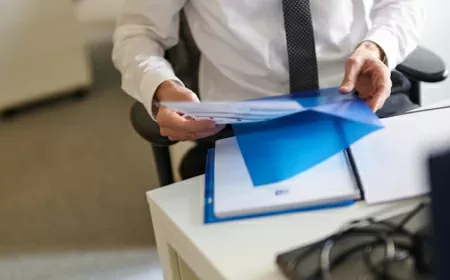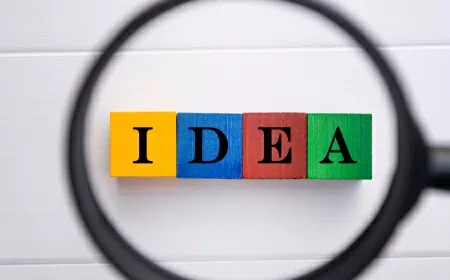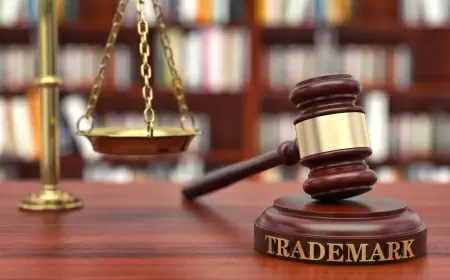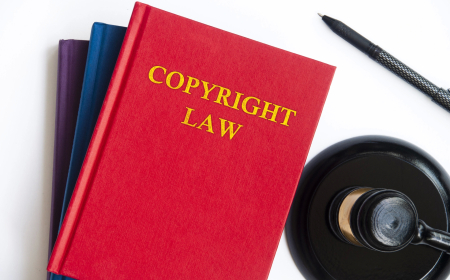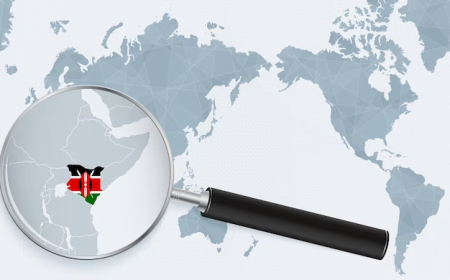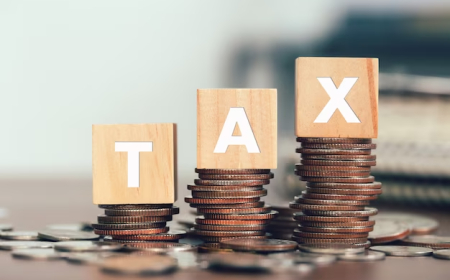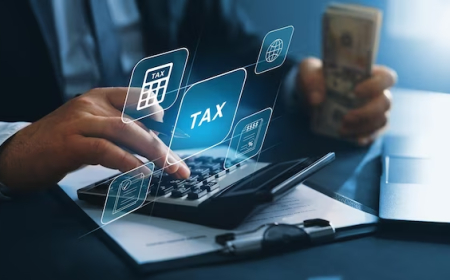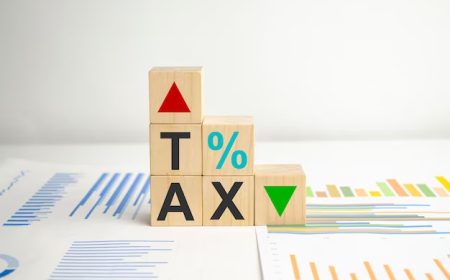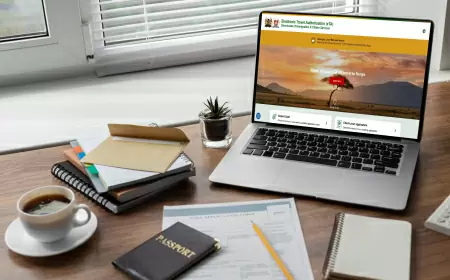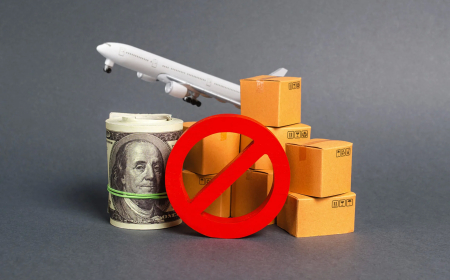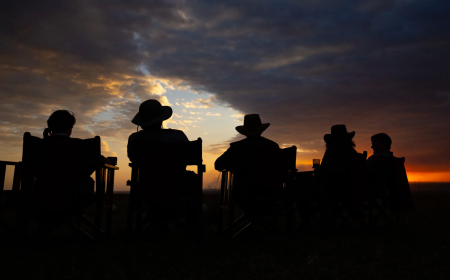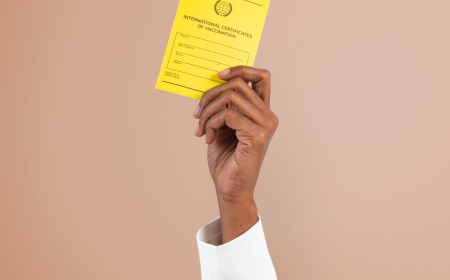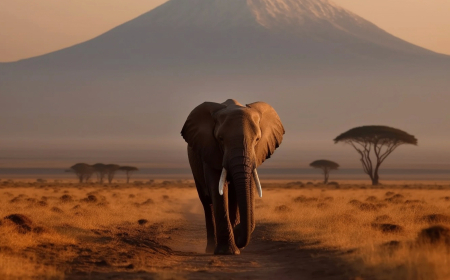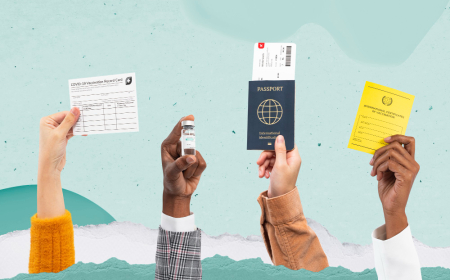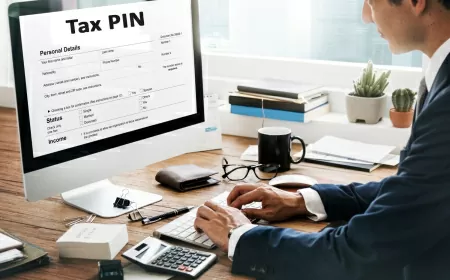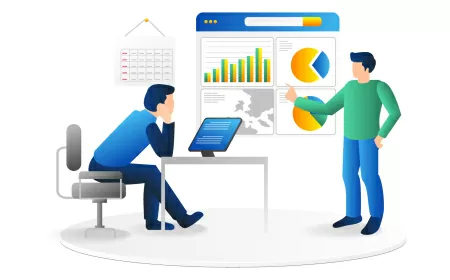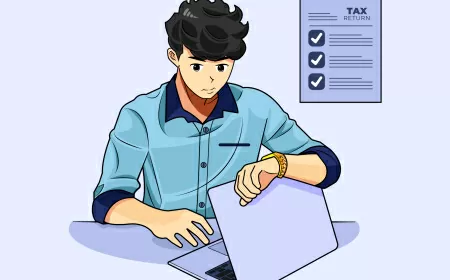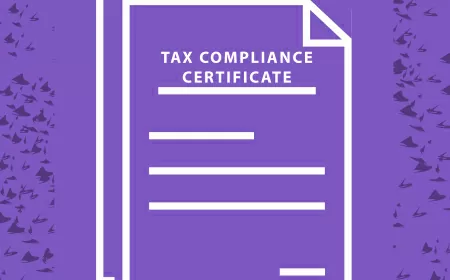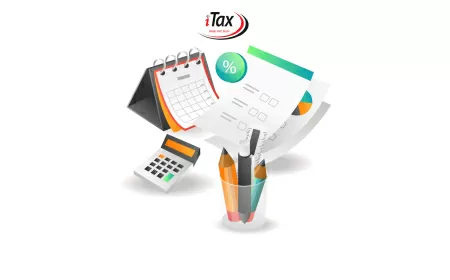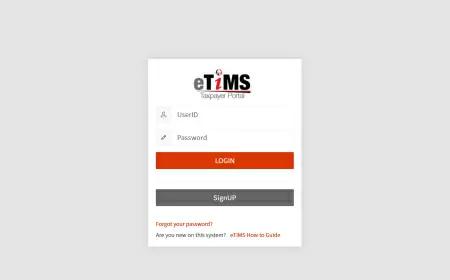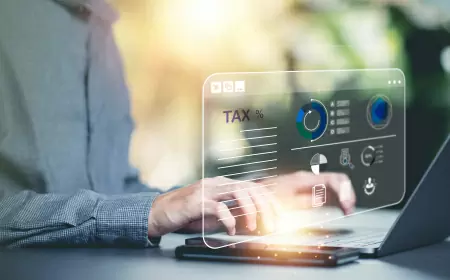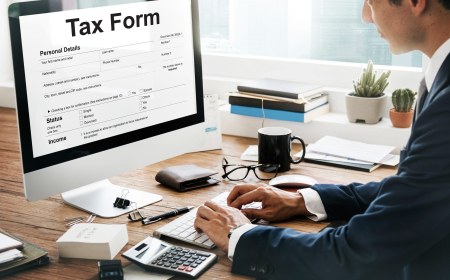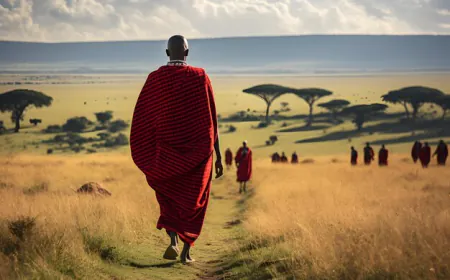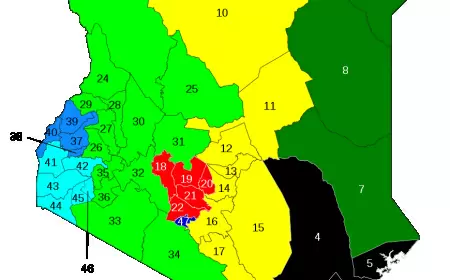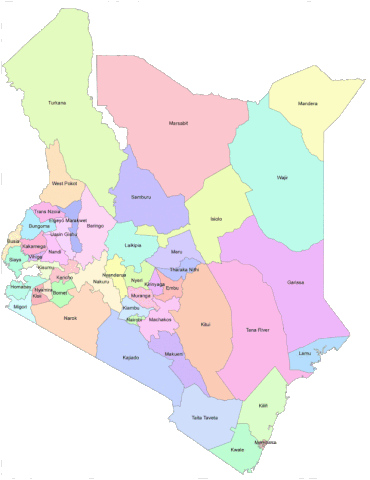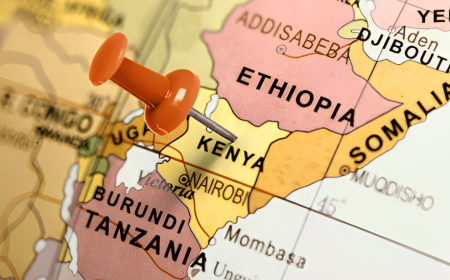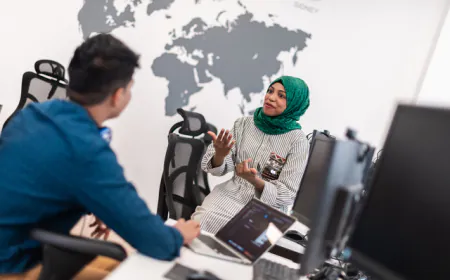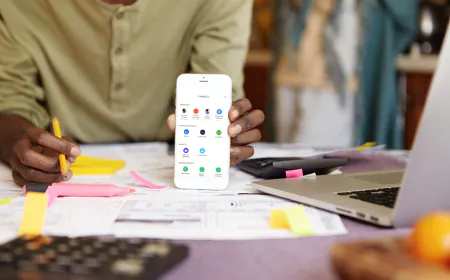Copyright
Discover everything you need to know about copyright laws in Kenya with our comprehensive guide. Learn about the rights and protections for creators and how to safeguard your intellectual property. Stay informed and protect your creative works with our expert insights and resources.
1. Introduction to Copyright in Kenya
Copyright is a specific form of intellectual property that grants exclusive rights to authors or creators of original literary, artistic or musical works. These include books, computer programs, music, films, photographs, art, and sculptures among others.
In Kenya, the main legislation governing intellectual property rights is the Copyright Act of 2001. This act provides legal protection for various forms of creative expression including books, music recordings, films, computer programs, architectural designs and more.
Under the Kenyan copyright law, creators automatically have copyright protection as soon as they create their work. However it is advisable to register your work with the Kenya Copyright Board (KECOBO) to provide evidence of ownership in case of any disputes.
Copyright owners have exclusive rights over their works which include reproduction rights (copying), distribution rights (selling or renting), public performance rights (such as plays or music concerts), adaptation rights (creating derivative works) and public display rights.
Infringement occurs when someone uses copyrighted material without permission from the owner or without obtaining a license. In such cases where infringement is suspected or identified it is important to take legal action through civil litigation or criminal prosecution.
2. What is Covered by Copyright Law in Kenya?
Copyright protection extends to various works falling under different categories. These include literary works, musical compositions, audio-visual creations, artistic works, sound recordings, and broadcasts. These include novels, poems, plays, computer programs, databases, musical compositions, broadcasts, photographs, sculptures, architectural drawings, and maps, among others.
3. The Benefits of Registering Your Copyright in Kenya
Registering copyright serves as a public record of authors or owners. It not only helps in implementing anti-piracy measures but also provides a valuable piece of evidence in case of copyright disputes. The certificate of registration can be presented in a court of law to establish ownership rights.
In the future, the certificate of registration can potentially serve as collateral when applying for loans from banks or other lending institutions. This can be particularly useful for individuals or businesses looking to borrow funds. Additionally, having a registered copyright makes it easier to commercialize your work through licensing or assignment agreements.
Using IP auditors can greatly simplify the process of identifying and managing the various intellectual property (IP) rights owned by a corporation. These professionals have the expertise and tools necessary to conduct thorough audits, ensuring that all IP assets are identified and accounted for. By relying on their specialized knowledge, companies can better protect their valuable intellectual property and make informed decisions regarding licensing, acquisitions, or partnerships.
4. How Long Does Copyright Protection Last in Kenya?
Copyright protection is not the same for all types of works and depends on factors such as authorship and the nature of the work.
In Kenya, copyright protection lasts for the duration of the author's life plus an additional 50 years. However, if the author is unknown, the period of protection extends to 50 years from the date it is published.
When it comes to joint authorship, the copyright protection lasts for as long as the authors are alive. After the death of the last author, it extends for an additional 50 years. For audio-visual works, photographs, sound recordings, and broadcasts, they are safeguarded for a period of 50 years from their initial publication date.
5. Copyright Infringement: Understanding the Violation and Legal Remedies
Copyright infringement occurs when someone uses, reproduces, or distributes copyrighted material without permission from the original creator or copyright holder. This can include literary works, music, films, artwork, software, and more.
When copyright infringement occurs, there are several legal remedies available to the affected party. The first step is to gather evidence of the infringement, such as copies of the infringing material and any relevant documentation proving ownership of the copyrighted work. It is advisable to consult with an intellectual property lawyer who specializes in copyright law to guide you through the process.
In Kenya, copyright owners can enforce their rights through civil litigation. This involves filing a lawsuit against the infringing party seeking damages for any losses suffered as a result of the infringement. The court may also grant injunctions to prevent further unauthorized use of the copyrighted material.
Additionally, alternative dispute resolution methods such as mediation or arbitration can be pursued as a means to resolve copyright disputes outside of court. These methods provide a more cost-effective and expedient approach to resolving conflicts.
To protect against future infringements, creators should consider registering their works with relevant authorities such as the Kenya Copyright Board (KECOBO). Registration provides additional evidence of ownership and strengthens legal claims in case of infringement.
6. Fair Use and Exceptions to Copyright Law in Kenya
There are certain exceptions to copyright law that allow for the fair use of copyrighted material under specific circumstances.
The concept of fair use recognizes that there may be instances where the use of copyrighted material is necessary for purposes such as criticism, comment, news reporting, teaching, scholarship, or research. These exceptions aim to strike a balance between protecting the rights of creators and promoting creativity and innovation.
In Kenya, fair use is governed by the Copyright Act of 2001. According to this act, fair dealing with a copyrighted work for purposes such as research or private study does not infringe copyright. Additionally, fair dealing with a work for the purpose of criticism or review, reporting current events or current affairs programs does not infringe copyright either.
It is important to note that determining whether a particular use falls under fair use can be subjective and depends on factors such as the nature and purpose of the use, the amount and substantiality of the portion used in relation to the whole work, and the effect on the potential market for or value of the copyrighted work.
While fair use provides some flexibility in using copyrighted material without permission from rights holders in certain circumstances in Kenya's legal framework. It is essential to understand these exceptions properly and seek legal advice if needed to ensure compliance with copyright laws while still benefiting from these provisions.
7. The Future of Copyright Protection in the Digital Age
The Copyright Act has incorporated the provisions of two WIPO Internet Treaties: the WIPO Copyright Treaty (WCT) and the WIPO Performances and Phonograms Treaty (WPPT). These treaties specifically address issues that have emerged with the use of copyrighted works in the digital environment.
Furthermore, advancements in technology have also provided innovative solutions for copyright protection. Digital watermarking, encryption techniques, and blockchain technology offer new ways to track and protect copyrighted content online.
Additionally, increased awareness about copyright infringement among internet users can contribute to a more respectful attitude towards intellectual property rights. Education campaigns on the importance of respecting copyrights can help foster a culture that values creativity and supports legal avenues for accessing content.
8. In Conclusion
To protect your creative work and ensure you are recognized as the rightful owner, it is crucial to understand copyright laws in Kenya and take necessary steps to register your work. By doing so, you can enjoy the legal benefits and have peace of mind knowing that your intellectual property is protected.
Was this information helpful ?








